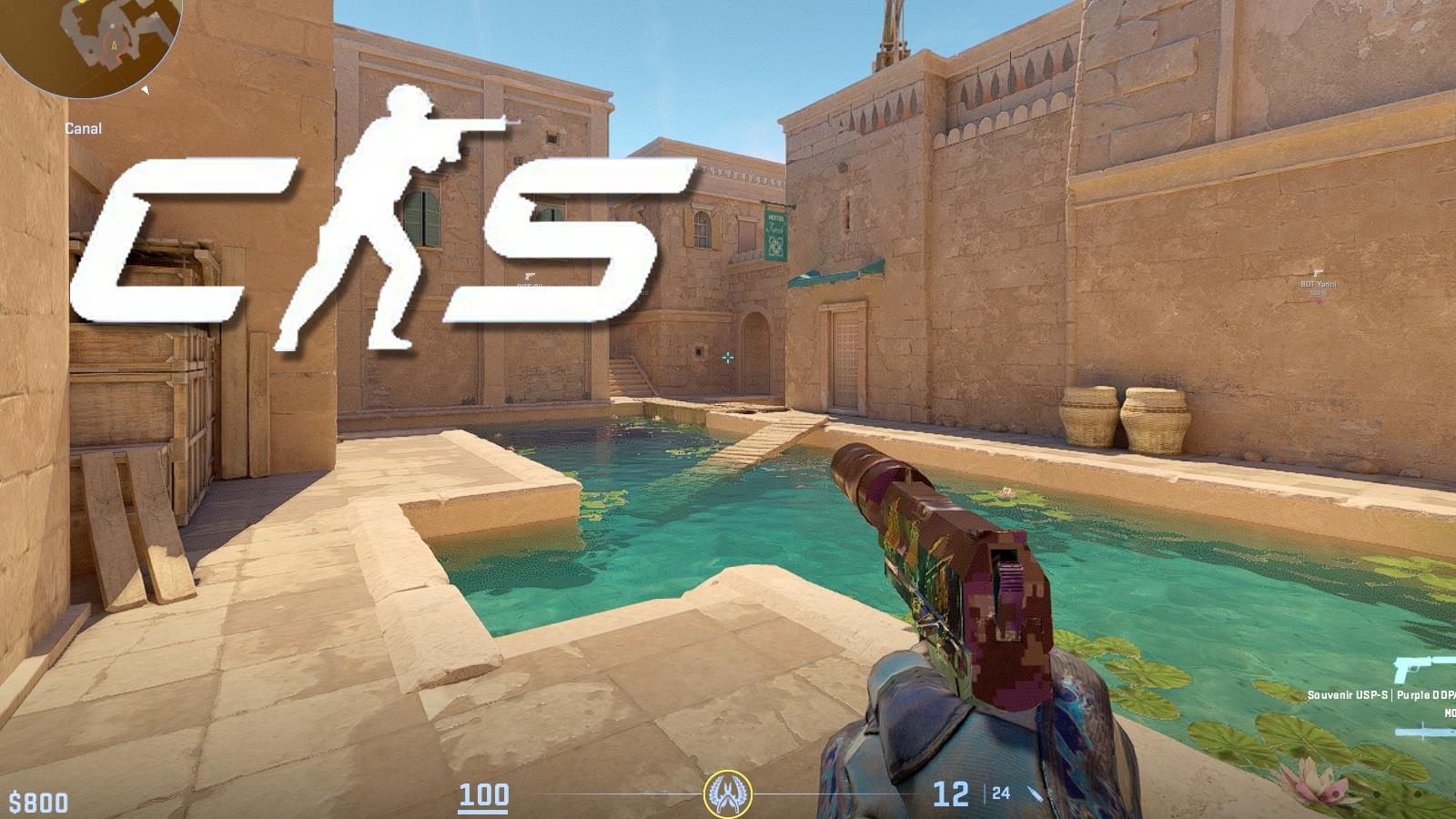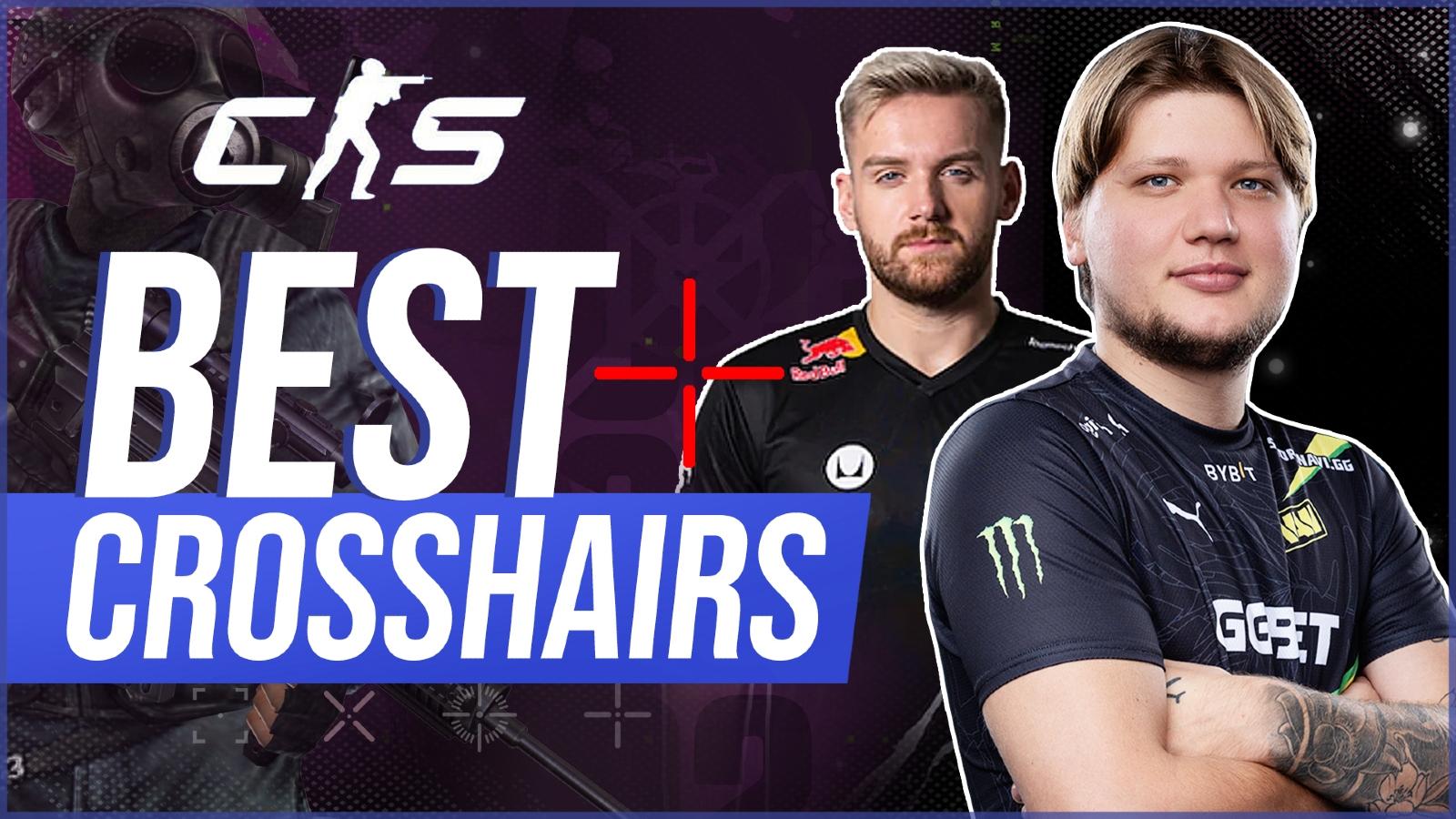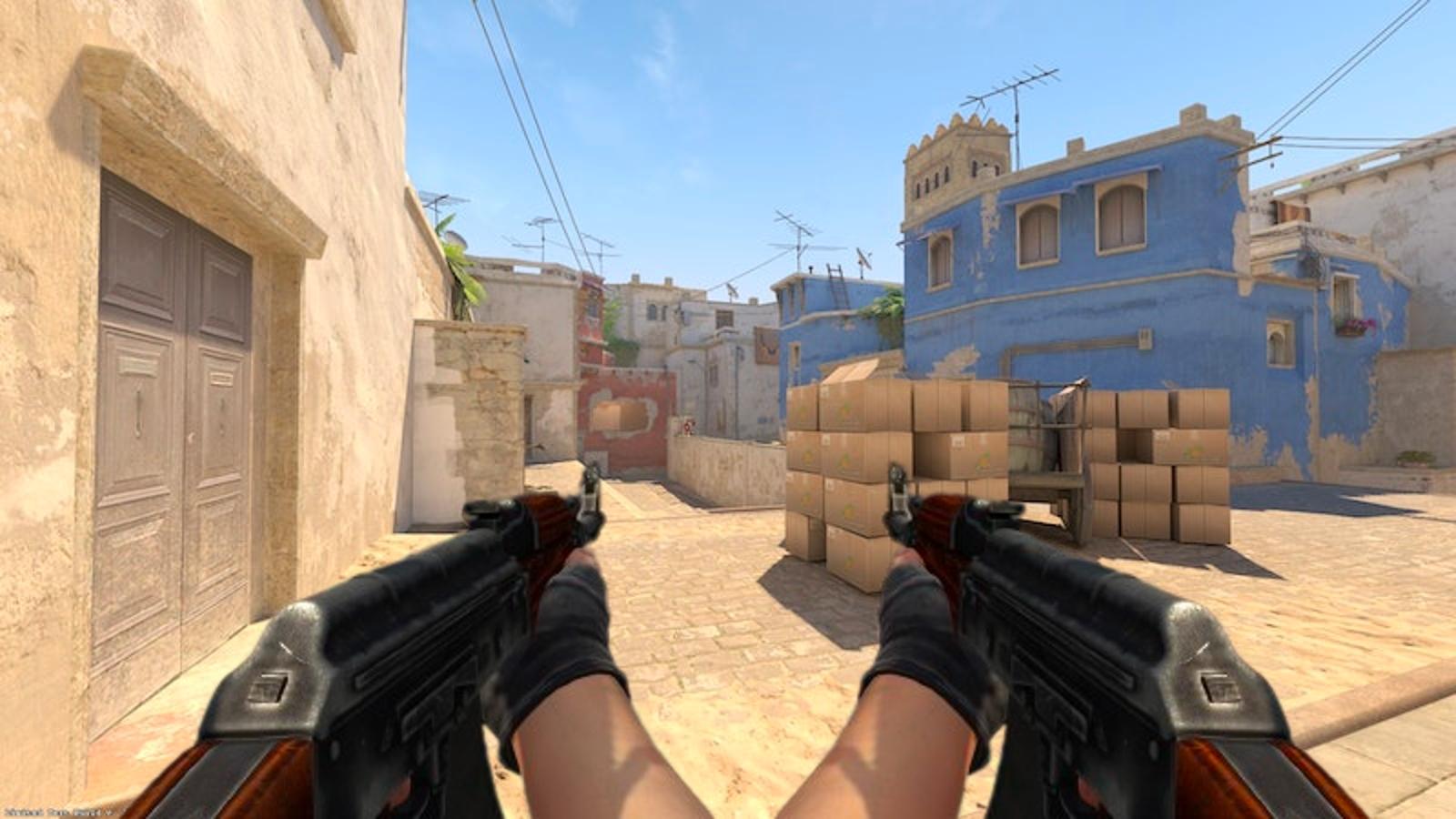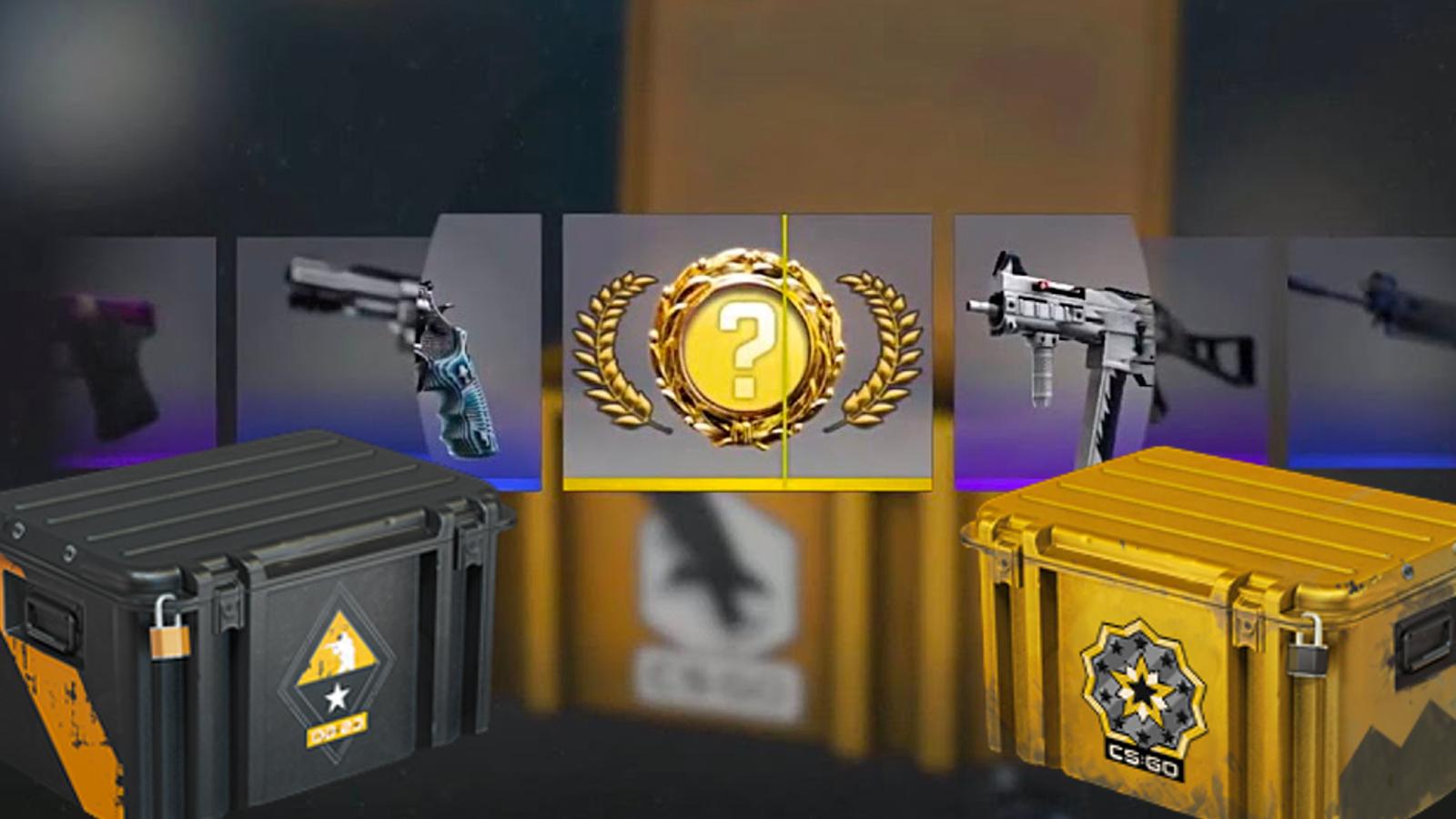Thorin’s Take: No Company for Young Men
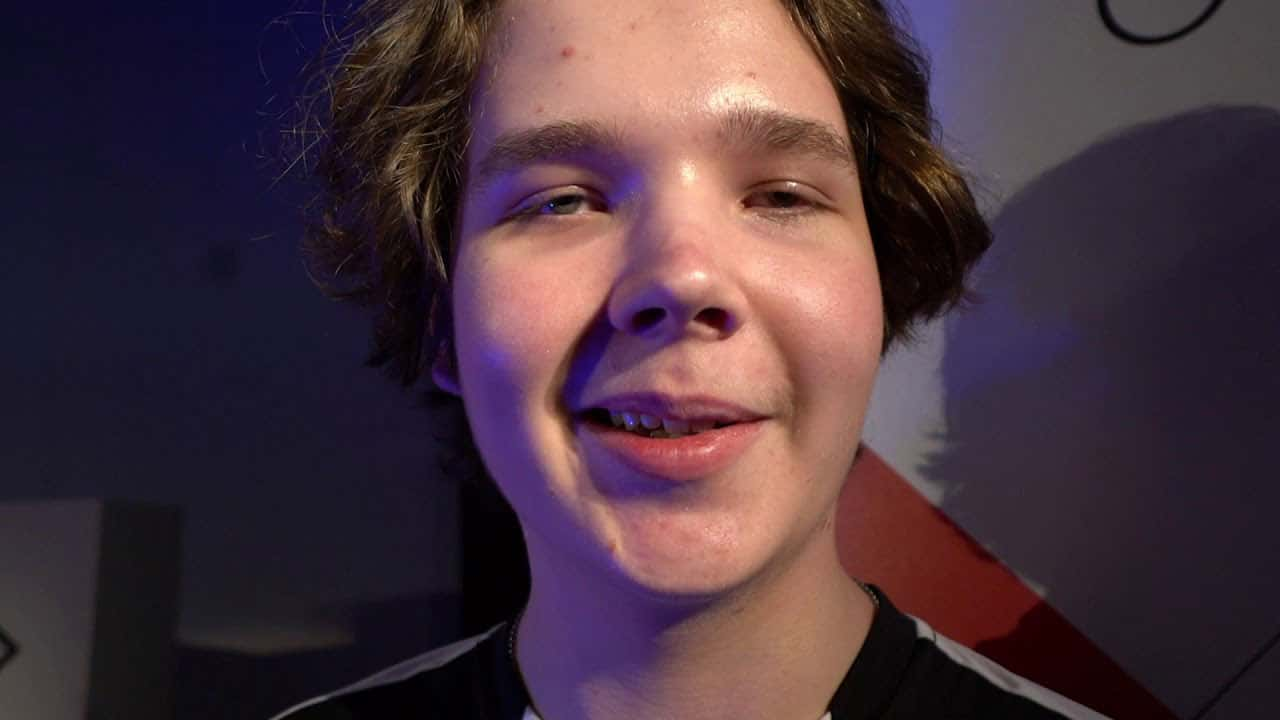
Valve Software, the current development team of Counter-Strike: Global Offensive, have long established a zero-tolerance policy towards those who receive VAC (Valve Anti-Cheat) bans on their account in the game. While the rest of the tournament circuit has the option of allowing these players to participate, they will never play in Valve majors, the most prestigious competitions on the calendar.
“Once a cheater; always a cheater” is the common refrain which has been heard from seemingly the earliest times in Counter-Strike, but that’s neither true nor a fair standard by which to judge banned players, especially when they are capable of competing at a professional level and thus denied a career over what could be a very mild example of cheat abuse. There is no jury or nuance allowed on this matter; Valve’s ruling is absolute and all-encompassing. To the detriment of our community and scene. Worst of all, the young and naive are the ones punished most harshly, in the context of their age, as there is no age threshold at which it applies.
Clipped wings
Were it not for Valve’s VAC ban ruling, Elias “Jamppi” Olkkonen – a talented Finnish prospect whose play elicited murmers of top professional potential – would very likely have been announced as one of the five founding members of OG’s first CS:GO team four days ago. Playing with the likes of major winner and veteran NBK, break-out in-game leader of the year and fellow Finn Aleksib and elite tier Danish main-stay valde, Jamppi’s talent and potential could well have served as a raw but potent weapon in the arsenal of one of Europe’s next top five teams.
[ad name=”article1″]
Instead, the disgraced Finn will seemingly play out his level at tier three or four Counter-Strike competition, with practically every professional level squad aspiring to one day play in the majors. But Jamppi did not get banned for cheating during the period the eventually-to-be OG were considering him, nor did he cheat any time in the last few years leading up to that point, when he was entirely irrelevant and unknown. No, his situation becomes much more alarming when one knows the details surrounding it.
Jamppi’s disqualifying VAC ban comes from 2013, when the now-18-year-old would have been 12. Discussion over whether or not it was him on the account at the time are considerations to be left to Valve to investigate, as they admittedly have for a number of players who initially claimed they had been incorrectly or unfairly VAC banned. Jamppi’s age seems a reasonable piece of context to factor into determining his motives, the severity of his actions, and an appropriate punishment, especially as relates to competing as a professional potentially.
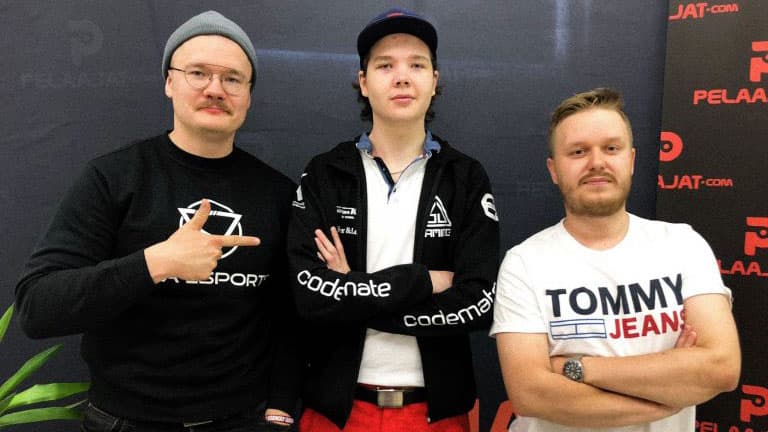
Lucky for the linear loophole
Jamppi suffers the great misfortune of growing up and attempting to play professionally in the age of CS:GO. Were Valve to extend their ruling back to previous versions of Counter-Strike, 1.6 and Source, and investigate for multiple accounts of singular pro players, the current and early CS:GO scenes would have looked like the rapture had hit and taken the faithful, or in this case the wicked, away from our petty mortal realm. There are many CS 1.6 and Source pros who are either on record as having cheated and a multitude more who had credible rumours surrounding them for much of their careers and, perhaps wisely, chose not to address or affirm such rumours.
[ad name=”article2″]
France’s most decorated CS:GO leader is Happy, with two major trophies in his cabinet and many other excellent accomplishments to speak of, but a 1.6 ban, despite being better known as a Source player, would have prohibited any of those marvelous feats.
Those behind the scenes have heard countless stories, some even from the players in question, of top professional players, including players who would make a “Top 10 players of all-time list” for both CS 1.6 and Source, who messed around with cheats at some time, either on public servers or in early competitive play. Luckily for those players, they benefit from the arbitrary mercy of Valve essentially announcing an amnesty for those who had cheated prior to the newest game in the franchise.
Who’s looking?
Then there’s the not so small context to consider that VAC was universally derided in 1.6 for being woefully poor and with some famous cheats even working for years and years before being analysed and added to the database, if some ever were. During these periods, players could legitimately have been cheating in top competitive play, most likely online. North American 1.6 players only had one vaguely significant competition outside of the three or four big LAN tournaments a year, which was the CAL (CyberAthelete Amateur League) invite division. Here the best teams on the continent battled each other largely for pride, though seeding at the CPL majors could be slightly elevated based on strong performance eventually, and no prize money, at least until many years after it was founded.
[ad name=”article3″]
Rumours were rife of even top pros using cheats at some time, in an era with no third-party anti-cheat software being used, and it was not uncommon to see teams perform absurdly well online only to accomplish next-to-nothing offline at big events. Clan Rival were able to win a CAL-i championship relatively early on and yet flunk the following CPL to a laughable degree, not accomplishing meaningful offline success until years later and numerous roster moves that made their line-up practically unrecognisable.
Similarly, W.E.W. (Weekend Warriors) were a team resurrected with no original members and filled with young up and coming West Coast talent that won a later season of CAL invite, only to never again achieve any kind of relevance. Did they teams cheat in any capacity? I cannot say, nor do I have evidence, but it’s easy to see why, in such a climate of open access to cheating technology and little chance of punishment, many top pros had their suspicions.
Even into CS:GO, where a VAC ban would instantly trigger life-time disqualification from majors, it was rare to hear of a famous pro being banned by the in-built software. Indeed, KQLY, a big event champion and a star of top 10 team Titan, caught his VAC ban in part, apparently, due to ESEA and a cheater who had been caught aiding in helping Valve dive into an undercurrent of new cheat trees.
[ad name=”article4″]
All bans are not equal
Then there’s the story of s1mple, a strong consensus for the greatest individual CS:GO player in history and perhaps the best player right at this moment. The Ukrainian prodigy infamously had a ban, but not from VAC. Rather, his came from ESL – the biggest and most significant tournament organiser in the game – and so ESL decided to simply ban him for a finite period. When he attempted to qualify for the EMS One Katowice major, in early 2014, his attempted ban evasion caused them to add two years to his ban period.
This legitimately hamstrung his career as a pro, as he was already a difficult character to play alongside and now could not compete at any of ESL’s majors. This meant he missed out on the ESL One Katowice and ESL One Cologne 2015 runs of FlipSide, the team he later played for and is fondly remembered for hard carrying. It wasn’t until 2016 that his ESL ban was lifted and in his first ESL major after, he went all the way to the final and was a strong contender for the MVP of the competition.
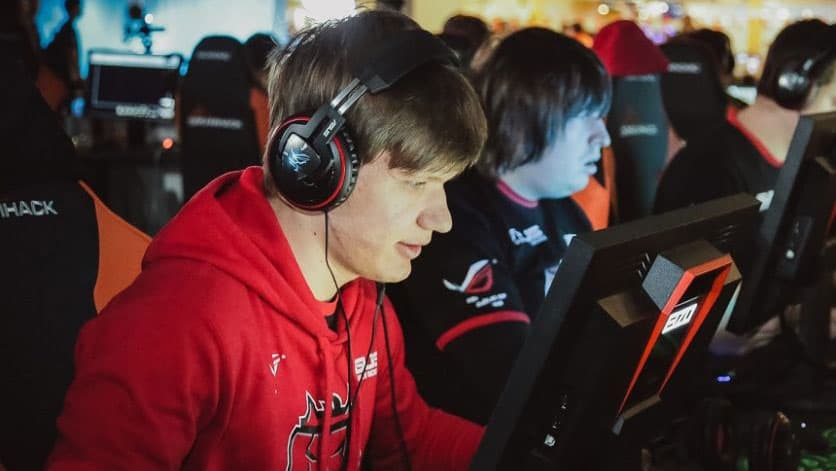
s1mple’s ban has no impact on his further professional career because it came playing on ESL’s anti-cheat system and not VAC. I’ve heard it said that legally Valve could face a minefield if they banned a player based on someone else’s case. Whether that’s accurate or not they do not incorporate ESL’s bans.
Snax became a major champion and legendary super-star player in CS:GO, but if Valve went back in time and took his 1.6 ESL Wire anti-cheat ban into account then he would fade from history like a member of a family photo of the McFlys. Fellow Polish professional Hyper, best known for his play in teams like eBettle and Vexed and appearing at two majors in 2015, was also banned by ESL and thus able to pursue a fairly successful career years later.
natu, ENCE Marketing Director and former professional player in both CS 1.6 and Source, who earned numerous accolades and helped pioneer esports in the former title, was banned by the iconic Clanbase online platform for using a wallhack in a meaningless online Finnish ladder match. Despite playing in a mixed team and the game being from a competitive venture, natu’s ban meant he could not compete in future Clanbase Eurocups, their big online tournaments. Aside from that, though, there was no price to be paid and natu continued on as a top professional and kept playing at a respectable level right through into CS:GO and attended the ESL One Katowice 2015 major.
Arbitrary and without nuance
While natu was no young buck at the time of his Clanbase ban, I’d argue if it had been a VAC ban that it would have been unduly harsh if he had been prohibited from competing as a professional 1.6 player beyond that point. He cheated in a meaningless online match in frustration due to playing against an allegedly blatant cheater on the other team. In no sense did he attempt to use cheats in competitive play.
It seems arbitrary and cruelly blunt that an individual of any age could go into a CS:GO public server, play a few games, see someone who is cheating, ask what the cheat’s name is, download and install it, load up a match and then find himself banned due to being trolled into downloading an old cheat. It’s bad enough for him that he can never again play the game he has purchased, but outrageous that he can now never compete as a professional at Valve tournaments under any circumstances. That seems like beheading someone for the theft of a candy bar.
Hell, it would theoretically even be possible to install a cheat on your first instance of opening Counter-Strike, while playing in your own empty server, with nobody to actually cheat against. Should such behaviour prevent you from ever playing at a major? I’d say that’s a wild conclusion to arrive at. Now you’re beheading someone for stealing a candy bar from his dad’s shop.
If we are to survive numerous young men being struck down before their professional careers can ever begin, there must surely be some consideration given as to the circumstances, intent, and age of the player in question. If the cheating was done in a public server, not even match-making, then already it seems absurd that this could end a professional career instantly. Even in match-making, if the player in question is under the age of 18 then surely some clemency can be granted?
Scientific studies will show that teenagers brains do not function the same way as those of adults, due to not being finished in their development, and are apparently more susceptible to impulsive and potentially self-destructive behaviour. Should a 25-year-old man, who may have experienced so much and could by then have even sat out many years of a potential finite ban, not be allowed to have a career playing in Valve’s majors on the basis of his silly and impulsive exploits as a youngster?
A similar thread runs through many of the names I reeled off earlier. Snax was 18, but Happy was around 16 or 17 and s1mple was 16. Their differing circumstances, Snax and s1mple being caught by ESL and Happy cheating in a previous version, meant they were free to pursue epic careers. Yet 12-year-old Jamppi is all out of luck due to being born too many years later.
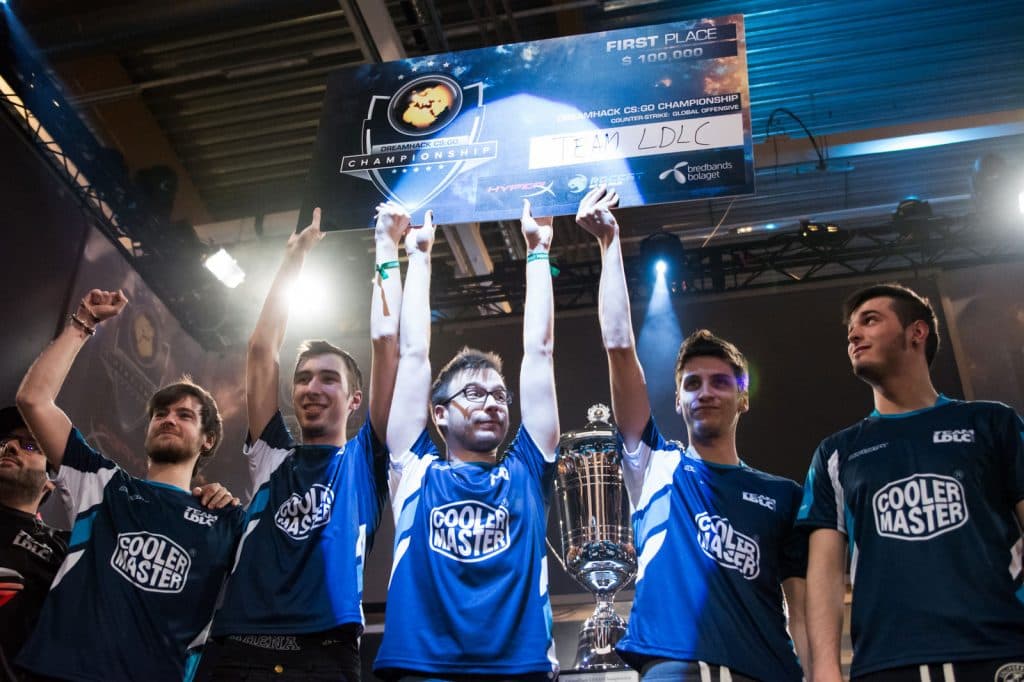
How much is too much?
Many sports have to deal with instances of cheating, minor or major. In the UFC, some famous current and former champions have been caught using performance-enhancing substances, given bans and then allowed to compete again. Typically, a ban will look like a period of around a year for an early infraction. Some of the very same champions and elite-level fighters have even been popped again and again in their careers.
In a sport in which any edge in strength, speed or recovery could mean not just a greater chance at success but also of doing significant damage to another human being and their future livelihood, it seems strange the punishments are far more lenient than a video game in which nobody can die from an opponent having a wallhack, no matter how stressful it may feel at the time.
I would like to see a hierarchy of bans established and some kind of committee with a public-facing component, to not just oversee bans from competitive play but also explain to the public the reasoning behind the punishment and keep official track of the banned players and their ban length. I think ESL’s current approach of banning someone caught by their system for two years seems much more reasonable and productive than life-time bans. That would allow the stupidity of youth to be put aside and overcome, just as it would also show serious commitment to the game for pros caught now but who continue to hone their skills for the next two years and fight to work their way back into the professional scene.
Once upon a time, pros competed for years without knowing if each was the last year of their professional career or the game itself. Now, a professional player may well get a decade under his belt, with CS:GO players who began in 2012 having just hit the seven year mark.
Certainly, repeated offenses, I would hope gauged against age and circumstances playing in, should be dealt with heavier sentences. Perhaps jumping up to four or five years. Even a three strikes policy, issuing the life-time ban on the third instance, assuming it is not absurdly egregious from the first, would be a better set of guidelines to follow and be spread through the community.
Just as at the beginning of CS:GO, perhaps an amnesty can be given to those underage.
Does Valve care?
A primary concern for me in this matter is whether Valve even cares. As it is their game it is certainly their prerogative, under the current IP rights context, to ban whoever breaks their Terms of Service (ToS) and for however long they please, without appeal or review. If Valve wants to encourage a healthy and strong competitive scene, though, it is dangerous to set such a brutal and unmerciful standard towards those naive or stupid enough to make a mistake during their youth or outside of competitive play.
It’s painful to imagine 1.6 without some of its legends because they were idiots in a public server in their early days, prior to becoming a professional. Yet that’s exactly what is happening and will continue to in CS:GO.
There’s also a serious concern in the lack of communication and transparency from Valve. We are simply left to assume that if they VAC ban someone and then do not overturn it due to his contact that he was actually cheating and its all proven. This is an issue for me since Valve has already shown some questionable decision-making when it comes to pursuing punishment and dispensing it previously in the game’s history and for different offenses.
The notorious life-time ban for match-fixing that four of the iBUYPOWER players received is often misunderstood in the chain of events leading up to it. It had already been reported by Richard Lewis, a journalist now working here at Dexerto, months prior to the ban that he had sources and evidence to suggest iBUYPOWER had thrown their now infamous game against NetCodeGuides. This was not enough to motivate Valve to act. It wasn’t until he presented further evidence, which made it practically impossible to deny, that Valve corroborated his findings and issued the heaviest of blows to the careers of those individuals.
Then there’s KQLY’s VAC ban. It not only ended his professional career, but cost his team a spot at the Dreamhack Winter 2014 major, which was only seven days from the beginning. Titan was not just disqualified but even prohibited from competing in the Last Call LAN qualifier held at Inferno Online in Stockholm, the same country as the major, five days before the major to determine who would receive Titan and Epsilon’s evacuated spots, with the latter team having players banned for match-fixing.
When I put it to Valve developers attending the major that it had been unreasonable to not even allow Titan to bring a stand-in and compete again for their spot, with their clean team members, I was, as I’ve relayed the story many times, told that those Titan players must have known KQLY was cheating and it was implied they not only condoned it but potentially used it as part of their strategy to succeed as a squad.
When I pointed out that the team featured the likes of Kevin “Ex6TenZ” Droolans, one of the most decorated players in Source and CS:GO history at that time, they didn’t seem to even understand or acknowledge the significance of my statements. For them, Ex6TenZ, apEX, Maniac and kennyS must have known KQLY was a cheater. As someone who has gotten to know all of them since, I am more outraged by such a stance today than I was at that time, and I far from took it quietly at the time.
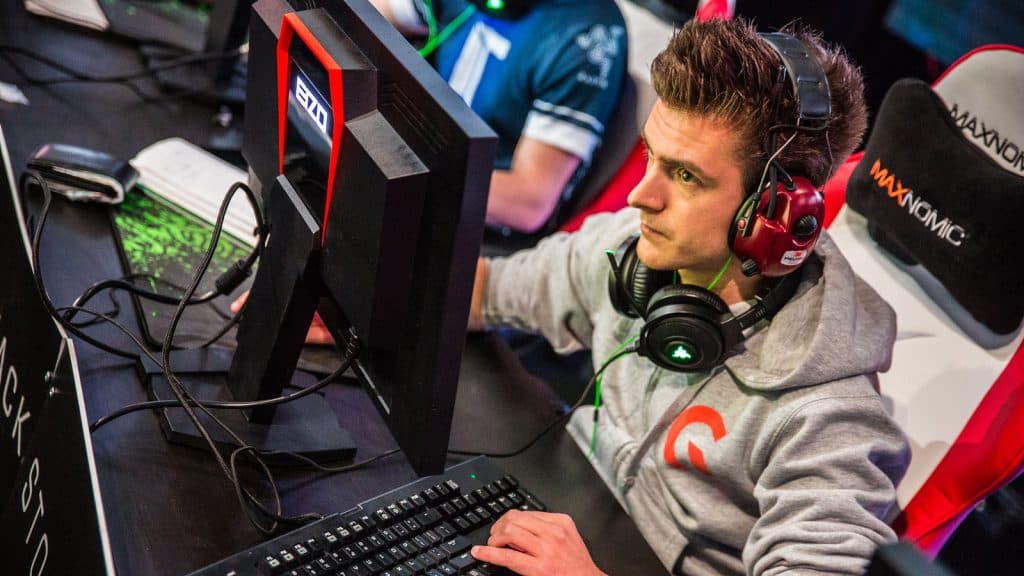
I think it’s time we had some progress made on a more lenient but still clear and decisive set of bans for cheaters, dependent on factors like their age, their intent and the competitive circumstances of the play which yielded the ban. Everyone can make a mistake, but few teenage follies will bring about such a harsh punishment. Then again, this appeal and opinion piece will fall into the abyss of irrelevance if nobody from Valve is listening or cares. Prove me wrong. Some of the greatest players in Counter-Strike history would not be known right now if these rules and standards had existed back in their day and some of the next great players may well be cheated out of a career right now if the current ruling is not altered.
